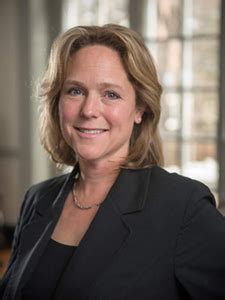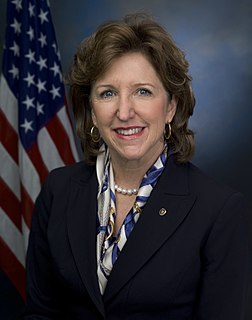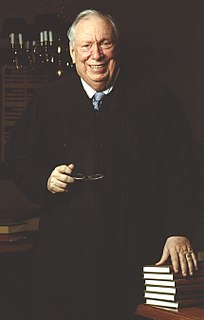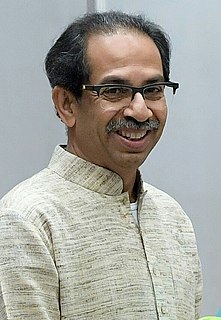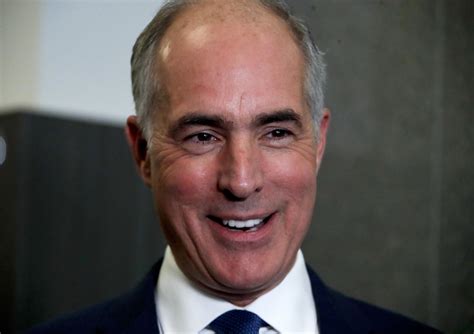A Quote by Margaret Mead
where families suffer from disasters that are preventable, this is a measure of a whole nation's neglect. A society imperils its own future when, out of negligence or contempt, it overlooks the need of children to be reared in a family ... or when, in the midst of plenty, some families cannot give their children adequate food and shelter, safe activity and rest, and an opportunity to grow into full adulthood as people who can care for and cherish other human beings like themselves.
Quote Topics
Activity
Adequate
Adulthood
Beings
Cannot
Care
Cherish
Children
Contempt
Disasters
Families
Family
Food
Full
Future
Give
Grow
Human
Human Being
Human Beings
Like
Measure
Midst
Nation
Need
Neglect
Negligence
Opportunity
Other
Out
Own
People
Plenty
Preventable
Rest
Safe
Shelter
Society
Some
Suffer
Themselves
Whole
Related Quotes
The new children are coming in. The families do not understand them. It does appear, from all the research that people are doing, that the new children are healing their mother and father by their very presence. So they may do it themselves, but, still, we've got to change what's happened here - our families are just total disasters.
Once again, we are thrilled to be hosting this amazing gathering for LGBT families from across the country. Our families are an important part of the LGBT civil rights battle and they are on the frontlines of educating Americans about the reality of our lives. It is important to give parents and their children a safe place to gather, an opportunity to re-energize and access to the tools we need to create a more just society. I invite everyone who cares about equality for all families to be a part of this historic week.
Many children in the foster care system are often in the midst of a family challenge. Marcus, my husband and I sought to assist families during difficult times. We aren't perfect people, nor are we a perfect family, but these children didn't expect us to be either. They needed a loving home and care, and we tried our best every single day.
People need to understand, we can come together as a nation. We can create a culture of life. More and more young people today are embracing life because we know we are - we're better for it. We can - like Mother Teresa said at that famous national prayer breakfast bring the - let's welcome the children into our world. There are so many families around the country who can't have children. We could improve adoption so that families that can't have children can adopt more readily those children from crisis pregnancies.
The only acceptable way to solve ecological problems is if you can persuade people to have fewer children. In the Victorian times, there were families of 15 children. Someone like Edward Lear, he was the last of 21 children. And so what we have to think about is offering people the alternative choice. And in the West, that's what's happening. The birth rate has been dropping steadily and still is. I'm wanting human beings to be better off so they don't view children as an insurance for the future.
I started reading Dickens when I was about 12, and I particularly liked all of the orphan books. I always liked books about young people who are left on their own with the world, and the four children's books I've written feature that very thing: children that are abandoned by their families or running away from their families or ignored by their families and having to grow up quicker than they should, like David Copperfield - having to be the hero of their own story.
The fabric of North Carolina and what makes our state so special is our families and our common desire for a brighter future for our children. No matter what your family looks like, we all want the same thing for our families - happiness, health, prosperity, a bright future for our children and grandchildren.
The most important difference between these early American families and our own is that early families constituted economic unitsin which all members, from young children on up, played important productive roles within the household. The prosperity of the whole family depended on how well husband, wife, and children could manage and cultivate the land. Children were essential to this family enterprise from age six or so until their twenties, when they left home.
To allow same-sex couples to adopt children and then to label their families as second-class because the adoptive parents are of the same sex is cruel as well as unconstitutional. Classifying some families, and especially their children, as of lesser value should be repugnant to all those in this nation who profess to believe in "family values."
All in all, the communally reared children of Israel are far from the emotional disasters that psychoanalytic theory predicted. Neither have they been saved from all personality problems, as the founders of the kibbutz movement had hoped when they freed children from their parents. In any reasonable environment, children seem to grow up to be themselves. There is no evidence that communal rearing with stimulating, caring adults is either the ruination or the salvation of children.
I think police officers can work with social workers and public health nurses to do so much in terms of addressing the problem of American families, of children in American families as a whole, and giving them an opportunity to get off to a fresh start, to become self-sufficient, to lead safe, constructive lives.



